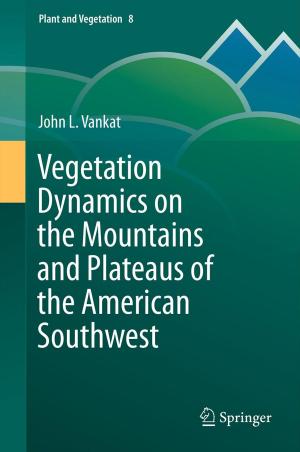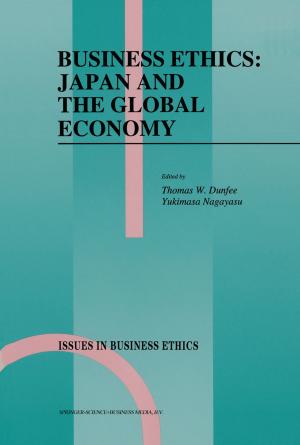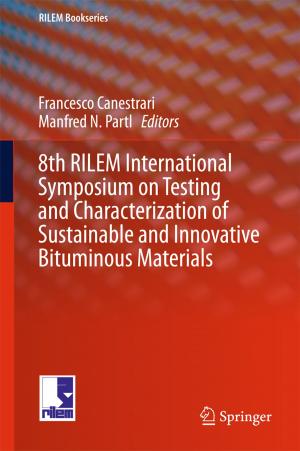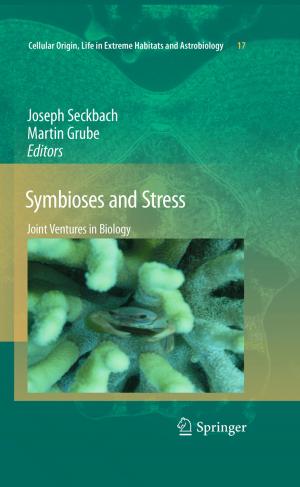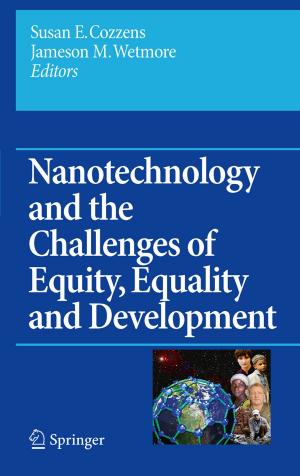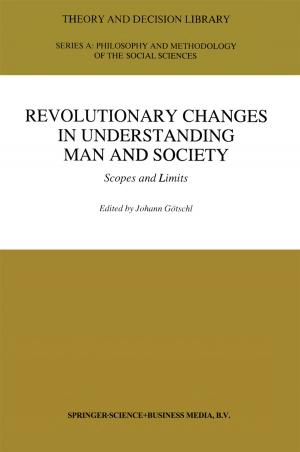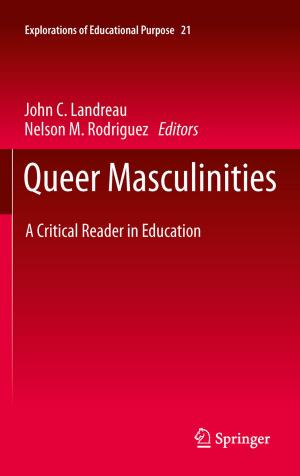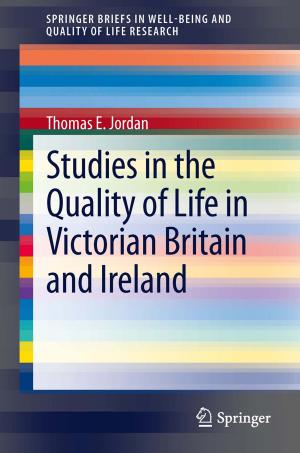| Author: | Richard Bennett, Matthew Hulbert | ISBN: | 9789400946842 |
| Publisher: | Springer Netherlands | Publication: | December 6, 2012 |
| Imprint: | Springer | Language: | English |
| Author: | Richard Bennett, Matthew Hulbert |
| ISBN: | 9789400946842 |
| Publisher: | Springer Netherlands |
| Publication: | December 6, 2012 |
| Imprint: | Springer |
| Language: | English |
Plan of Review This review of clay microstructure is aimed at the diverse group of professionals who share an interest in the properties of fine-grained minerals in sediments. During the last several decades, members of this group have included geologists, soil scientists, soil engineers, engineering geologists, and ceramics scientists. More recently, it has included significant numbers of marine geologists and other engineers. Each of the disciplines has developed special techniques for investigating properties of clay sediments that have proven to be fruitful in answering questions of central interest. Knowledge of clay microstructure-the fabric of a sediment and the physico chemical interactions between its components-is fundamental to all these disciplines (Mitchell 1956; Lambe 1958a; Foster and De 1971). Clay fabric refers to the spatial distribution, orientations, and particle-to-particle relations of the solid particles (generally those less than 3. 9 /Lm in size) of sediment. Physico-chemical interac tions are expressions of the forces between the particles. In this review, we trace the historical development of under standing clay microstructure by discussing key scientific papers published before 1986 on physico-chemical interactions in fine grained sediments and on clay fabric. Since the development follows an intricate path, the current view of clay microstructure is summarized. This summary includes a discussion of the present state of knowledge, the observations made so far, and the facts that are now established.
Plan of Review This review of clay microstructure is aimed at the diverse group of professionals who share an interest in the properties of fine-grained minerals in sediments. During the last several decades, members of this group have included geologists, soil scientists, soil engineers, engineering geologists, and ceramics scientists. More recently, it has included significant numbers of marine geologists and other engineers. Each of the disciplines has developed special techniques for investigating properties of clay sediments that have proven to be fruitful in answering questions of central interest. Knowledge of clay microstructure-the fabric of a sediment and the physico chemical interactions between its components-is fundamental to all these disciplines (Mitchell 1956; Lambe 1958a; Foster and De 1971). Clay fabric refers to the spatial distribution, orientations, and particle-to-particle relations of the solid particles (generally those less than 3. 9 /Lm in size) of sediment. Physico-chemical interac tions are expressions of the forces between the particles. In this review, we trace the historical development of under standing clay microstructure by discussing key scientific papers published before 1986 on physico-chemical interactions in fine grained sediments and on clay fabric. Since the development follows an intricate path, the current view of clay microstructure is summarized. This summary includes a discussion of the present state of knowledge, the observations made so far, and the facts that are now established.


